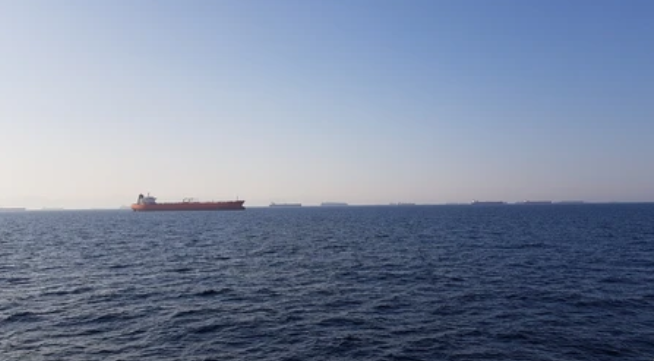The Middle East is rarely bereft of controversy, but Israel’s attack on Iran is shaping up to be a generational moment that will produce lasting effects not only regionally but globally. As the war evolves, an important question remains – is Israel’s objective to cripple Iran’s nuclear program, foment regime change, or both?
Read also: Could Iran Blockade the Strait of Hormuz?
Israel has repeatedly stated that a nuclear Iran is an unacceptable proposition. It’s safe to speculate that Iran’s nuclear capabilities will be set back years, if not decades, after Israel concludes its offensive. Regime change, however, does not come without its costs. While many Israelis believe regime change would be beneficial, a potential outcome could be a more hardline Islamic Revolutionary Guard Corps-led government, potentially leading to an increasingly intense and perpetual conflict.
Iran’s response has already come in the form of missile attacks, but the regime is likely to face intense pressure to react more creatively. Iranian proxies such as the Houthis, Iraqi Shia militias, and others could play a role, as could drawing the United States into the conflict. U.S. involvement would undoubtedly be supported by some national security traditionalists, but the isolationist wings of both the Republican and Democratic parties would oppose it.
Iran’s nuclear program, although damaged, could experience a renaissance of sorts should the regime conclude that Israeli hostility only confirms its need to acquire nuclear weapons. Moreover, the International Atomic Energy Agency’s (IAEA) recent finding that Iran is not in compliance with its nuclear nonproliferation obligations, combined with the Israeli strikes, could lead Iran to conclude that it must rush to develop a nuclear bomb for its survival. Just as Israel sees a nuclear Iran as an existential threat, many Iranian leaders view the lack of a nuclear deterrent as a threat to the survival of their regime.
U.S. Secretary of State Marco Rubio indicated that Israel took “unilateral action against Iran,” further stating that “our top priority is protecting American forces in the region. Israel advised us that they believe this action was necessary for [their] self-defense.” Rubio warned Tehran not to target U.S. assets, and concluded that, “President Trump and the Administration have taken all necessary steps to protect our forces and remain in close contact with our regional partners.”
President Trump had warned Iran that a deal would be in their best interest, and it is difficult to envision a scenario where the Israelis did not inform the president of their plans. If President Trump was aware of the strikes and acquiesced, the relationship between the two countries may remain relatively stable. However, if Israel proceeded against the president’s explicit wishes, it could signal a permanent shift.
President Trump’s already strained relationship with Israeli Prime Minister Benjamin Netanyahu, demonstrated by policy disagreements on tariffs, Yemen, Syria, and Iran, could further deteriorate, potentially leading to a transactional approach rather than the traditional close alliance.

